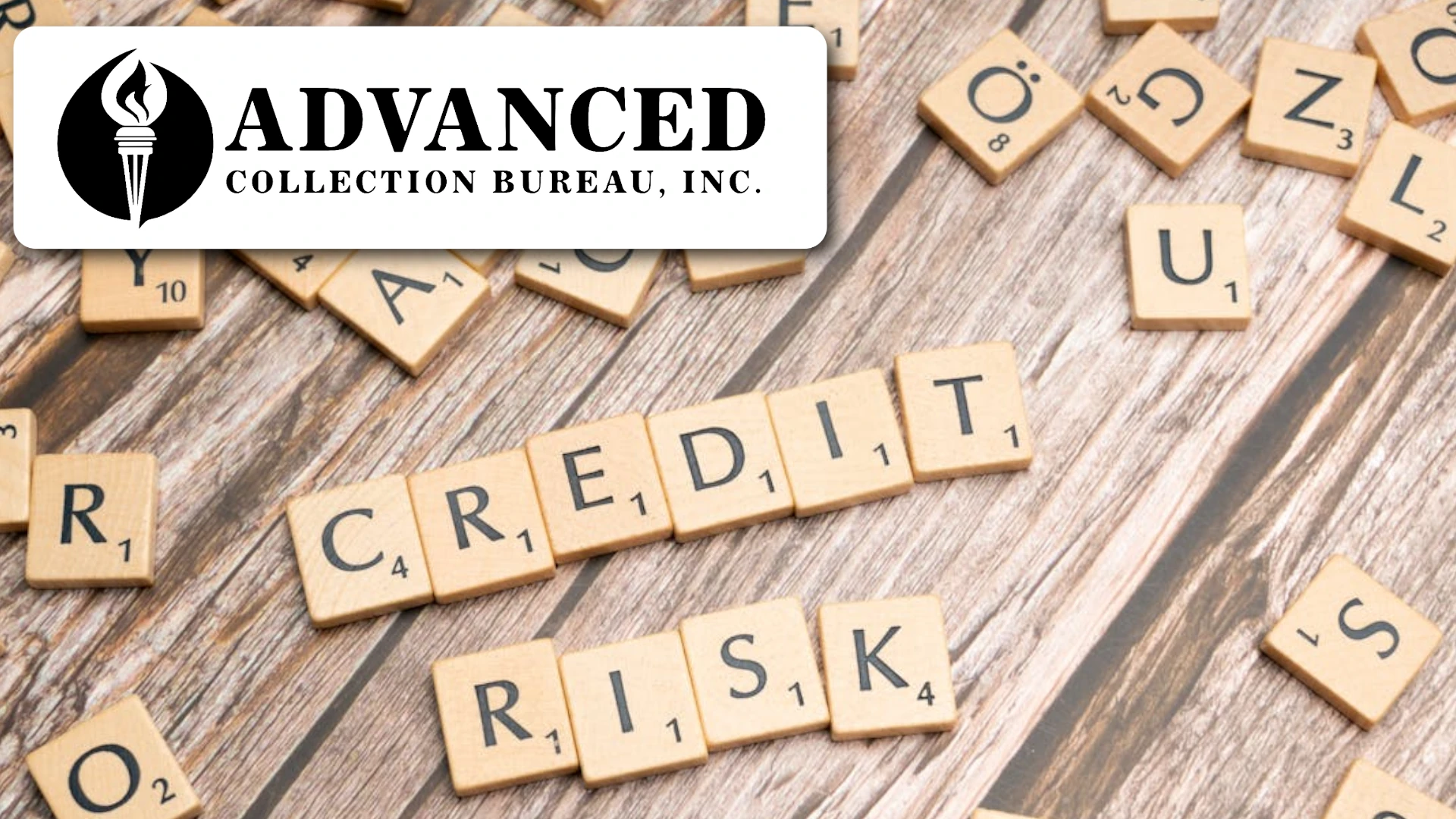If you have a debt that’s gone to collections, your first instinct may be to pay it off as quickly as possible. And while paying off a collection account is almost always better than ignoring it, doing so without understanding how it affects your credit could lead to unintended damage.
The good news is that it’s possible to settle or pay off debt in collections without hurting your credit—and in many cases, you can even improve it. The key lies in how you pay, how the debt is reported, and whether or not you negotiate the right terms before sending money.
In this guide, we’ll explain how to pay off debt in collections the smart way: legally, strategically, and in a way that helps protect your financial future.
Step 1: Confirm the Debt and Your Rights
Before paying anything, make sure the debt is valid. You have the legal right to request written verification of the debt from the collection agency. This step protects you from paying a debt that doesn’t belong to you—or has already been resolved.
Ask for details such as the original creditor, total balance, date of the last payment, and any interest or fees added. Review the debt carefully before proceeding.
Need more help understanding the rules that protect you? Visit our article on Fair Debt Collection Practices Act (FDCPA) Definition & What It Means for You for guidance.
Step 2: Choose the Right Strategy
There are several ways to resolve a debt in collections. Each approach has pros and cons when it comes to credit impact.
Paying in Full
Paying the full balance is the most straightforward option. Once paid, the debt is marked “Paid in Full” on your credit report. While this doesn't erase the record, newer credit scoring models (like FICO 9 and VantageScore 4.0) don't factor paid collections into your score.
Settling for Less
Many agencies will accept a lump sum that’s less than the full balance. When you settle, the account may be marked as “Settled” or “Paid Settled.” While not as favorable as “Paid in Full,” this is still better than having the debt remain unpaid.
Pay-for-Delete Agreements
In some cases, you can negotiate a "pay-for-delete" deal, where the agency agrees to remove the account from your credit report entirely once payment is made. This isn’t always possible, and some credit bureaus discourage the practice, but it’s worth asking—especially for small debts.
You can learn more about strategic settlements in our blog on How to Settle a Debt Collection Lawsuit Successfully.
Step 3: Get the Agreement in Writing
Whatever you negotiate—whether a payment plan, reduced balance, or deletion request—make sure it’s in writing before you pay. This protects you from any misunderstandings and ensures you have documentation if the account isn’t updated properly on your credit report.
Also, be cautious about making partial payments without a formal agreement. Even a small payment can restart the statute of limitations in some states, extending how long the collector can legally pursue the debt.
Step 4: Monitor Your Credit After Payment
Once the debt is paid or settled, check your credit reports to confirm the status has been updated. The account should reflect your payment and show a zero balance. If it doesn’t, you have the right to file a dispute with the credit bureau.
You can also explore how collection agency reporting impacts credit more broadly in How Credit Bureau Collection Services Impact Your Credit.
How ACB Approaches Debt Resolution
At Advanced Collection Bureau, we believe in respectful, transparent communication with consumers. If you’re working with ACB or any reputable agency, you should always receive:
- A clear explanation of your balance
- The opportunity to dispute or validate the debt
- Fair options for payment or settlement
We report to credit bureaus twice a month, which means payments and status changes are reflected more quickly than many other agencies. If you're a property manager or business owner, this can be especially valuable for maintaining accuracy and encouraging timely payments.
To better understand the full process of how collections work from start to finish, check out How Collection Agencies Work and What to Expect.
Final Thoughts
Debt in collections doesn’t have to spell disaster for your credit—if you handle it the right way. By verifying the debt, negotiating smartly, and monitoring your credit afterward, you can turn a difficult situation into a stepping stone toward financial recovery.
If you're a landlord, business owner, or healthcare provider looking to recover unpaid debt, ACB ensures respectful, legally sound collection practices that preserve relationships while protecting your bottom line.
Need to Resolve Debt With a Professional Agency?
Advanced Collection Bureau makes the process clear, fair, and fast. Visit https://www.advancedcb.com/work-with-us to learn how we can help.














